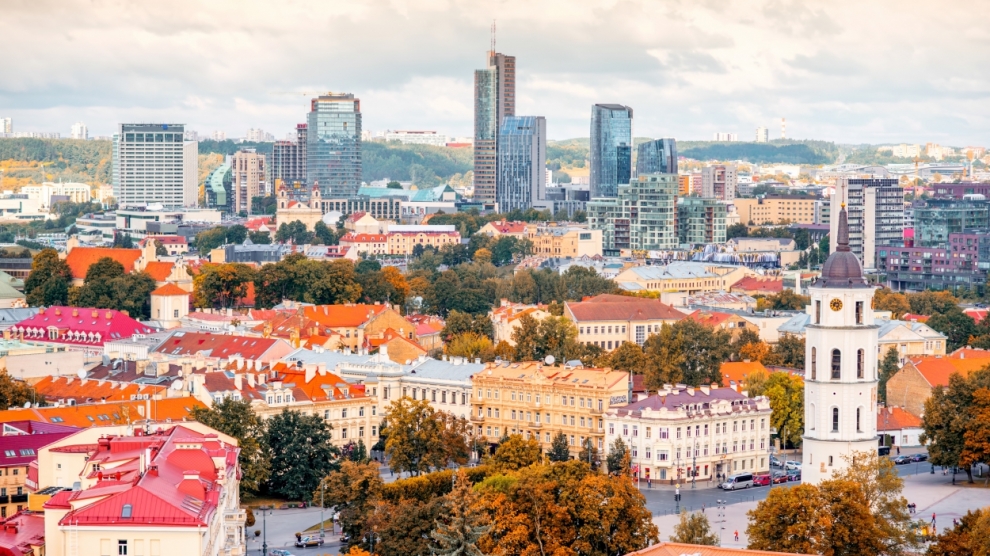Lithuania’s economy has been both consistent and resilient in recent years, effectively recovering from the 2008 financial crisis that affected many EU member states so heavily. Since 2011, the country has achieved an impressive growth rate of four per cent per year and it joined the Eurozone in 2015. In order to ensure further progress, the government plans to encourage increased public and private funding in business projects over the next three years. The goal is to make Lithuania a hub for innovative technology and finance in order to help new businesses and talented entrepreneurs grow.
The EBRD and Lithuania have been working together since 1992, when the Bank made its first investments in the country. Over the following 25 years the Bank has invested over €650 million into 79 projects in Lithuania. While the challenges and tasks underwent considerable changes during this period, the EBRD remains strongly committed to supporting Lithuania’s further progress.
One example is the Bank’s support of small and medium-sized enterprises (SMEs). An important source of finance for SMEs comes from the European Union Structural and Investment Funds (ESIF) programme, implemented in Lithuania by UAB “Investment and Business Guarantees” (INVEGA), an institution established by the Lithuanian government “to develop and implement effective solutions for promoting entrepreneurship”. INVEGA implements and manages a range of global grant and financial instruments that are aimed at enhancing the financing available to local SMEs.
As a long-term investor in private equity and venture capital funds in Lithuania, the EBRD has signed a cooperation agreement with INVEGA. As part of this agreement, which is the first of its kind, the EBRD will play an important role in advising INVEGA on the establishment and ongoing implementation of four private equity and venture funds, supported by ESIF. These four funds will enable almost €60 million of ESIF funds to be deployed, together with additional financial resources, to the benefit of over 70 early- and growth-stage small and medium-sized enterprises in Lithuania.
The partnership between the EBRD and INVEGA will help enable the Lithuanian economy to continue to grow and innovate. The financial instruments will target development, venture capital and business angel funding, which is important for attracting young entrepreneurial talents and businesses.
Finally, Lithuania’s goal of increasing its innovative approach and financial capacity is in line with the EBRD’s priorities of promoting sustainable economic growth for the country. This is vital for the long-term plans of a country that has proven to be both economically stable and reliable, in recent years. The process starts from within; building up a domestic base in Lithuania that facilitates access to finance for SMEs and getting them “up and running”. Building up a country’s infrastructure and promoting sustainable growth is what the Bank does and will continue to do in partnership with Lithuania.
_______________
The views expressed in this opinion editorial are the author’s own and do not necessarily reflect Emerging Europe’s editorial policy.






Add Comment